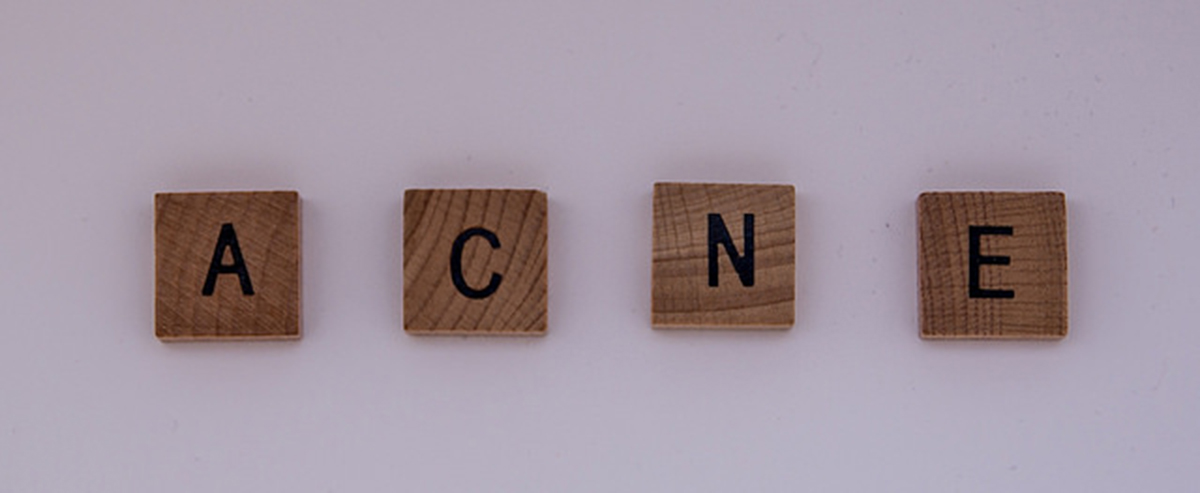Table of Contents
Did you know that eight in 10 teens will suffer from acne? If you have it too, you are not just not alone, you belong to a huge majority. We know that doesn't make it any easier, however, and we know that you'd really, really like to have clear skin during this important time of your life. How do you get the skin you want?
What Is Acne?
Contrary to popular belief, acne comes in many different forms. They do have something in common, though: they all start with clogged up pores. What kind of pimples fall under the general umbrella term acne? Let's take a look. If you are anything like your average teen, some of these will definitely sound familiar to you!
- Blackheads are small black dots that look dark because your pores are open.
- So-called whiteheads result when your pores are tighter, and they are small flesh-colored bumps.
- When pore walls break, papules and pustules form. Papules are hard, noticeable bumps that usually don't contain fluid and never contain pus (that yellow stuff), while pustules have pus in the center — they are probably what you typically think of when you hear the word "acne". Pustules form when oil and bacteria are trapped deeply inside a pore, causing the body to send white blood cells to its rescue. Pus is, in fact, made up of dead white blood cells.
- Nodules and cysts are even more irritated pimples. Larger than pustules, nodules form deep within your skin — where they can lead to pain, and eventually scarring as they form into cysts and fill with pus.

So you now know that acne is caused by clogged pores, filled with dead skin cells, bacteria, and oil. Everyone actually has these three things on their skin, but not everyone gets pimples all the time. Why is that?
Teens are more prone to acne because they produce larger amounts of androgens, male sex hormones that include testosterone. Yes, girls too! Testosterone tells your skin to produce more oil. Acne also has a strong hereditary component, which means that if your mom and dad suffered from acne, or other relatives did or do, you are more likely to get a bad case of it yourself.
READ Acne: What Works and What not?
Inflammatory and cystic acne are the most severe forms of acne, and they require medical treatment.
If you think you have blackheads, whiteheads, papupules or pastules (or a combination of these), you probably won't need to see a doctor. There are steps you can take at home to improve the condition of your skin. More about that on the next page.
- Photo courtesy of practicalcures: https://www.flickr.com/photos/practicalcures/23388045145/ and https://www.flickr.com/photos/practicalcures/23020066689

